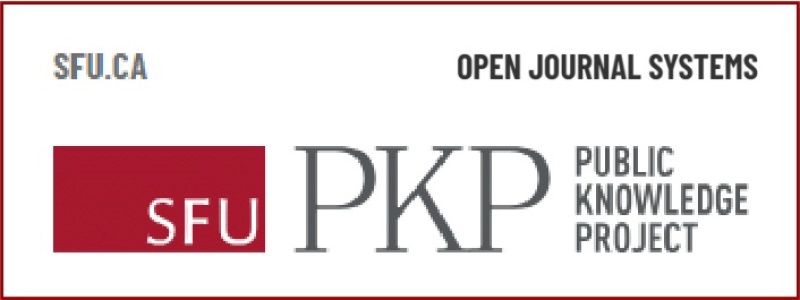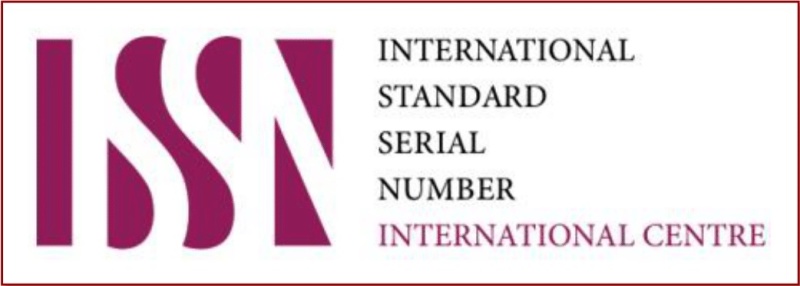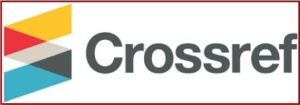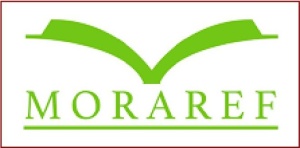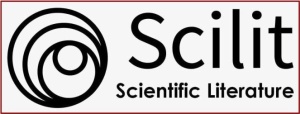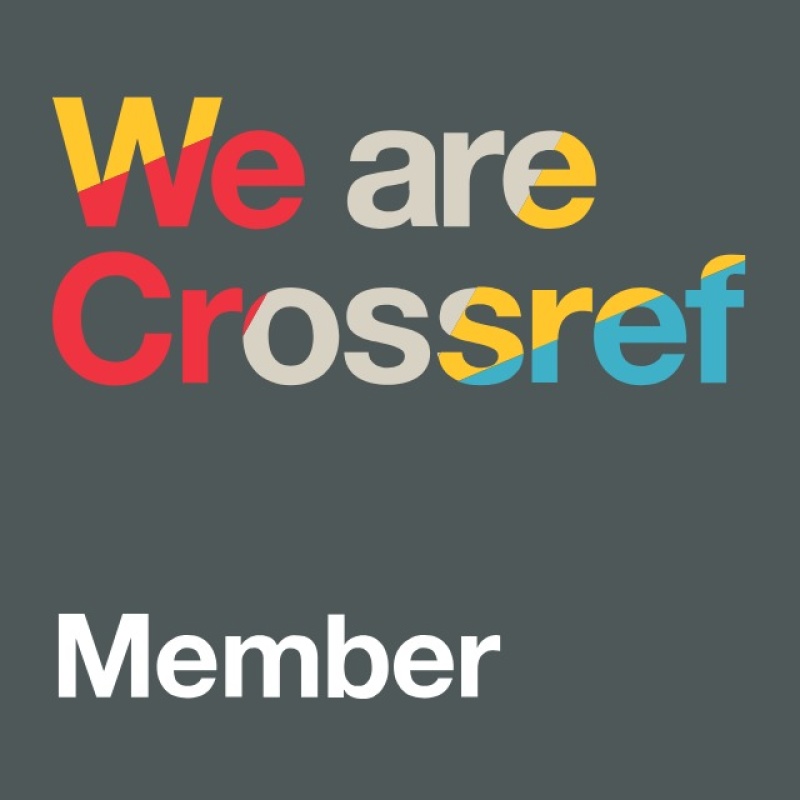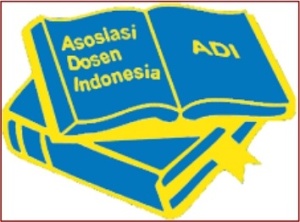Profil Minat Belajar Siswa dengan Model Pembelajaran Problem Based Learning (PBL) pada Kelas XI
DOI:
https://doi.org/10.36312/ejiip.v2i3.98Keywords:
Interest in Learning, Problem Based Learning.Abstract
This study aims to determine students' interest in learning after being taught using the Problem Based Learning (PBL) learning model. This type of research is descriptive quantitative research using survey methods. Descriptive research is research that aims to describe the data systematically and factually, so that it can describe the state of the subject at that time. This research was conducted at MA Al-Ishlahul Ittihad Jabon Tentan, Bagu Village, Pringgarata District, Central Lombok Regency from March to May 2022, with a total of 20 respondents. In learning interest there are four indicators, namely: 1) feeling happy; 2) student involvement; 3) interest; and 4) students' attention. From the four indicators, a research instrument was formed in the form of a questionnaire with 20 positive statements. Then analyzed by the percentage formula for each item as a whole. Based on the results of the data analysis of the interest in learning questionnaire given to 20 respondents in class XI MA Al Islahul Ittihad Jabon Tentan, it can be concluded that students have an interest in learning with a high category of 12 students or 60%, while students' interest in learning in a very high category is 8 people students or 40%.
Downloads
References
Amir, T. M. (2010). Inovasi Pendidikan Melalui Problem Based Learning. Jakarta: Kencana Prenada Media Group.
Arikunto, S. (2006). Prosedur Penelitian Suatu Pendekatan Praktik. Jakarta: PT. Rineka Cipta.
Bungin, B. (2015). Metodologi Penelitian Kualitatif. Jakarta: Rajawali Pers.
Eggen, P., & Kauchak, D. (2012). Strategi dan Model Pembelajaran. Jakarta: Indeks.
Maesaroh, S. (2013). Peranan Metode Pembelajaran terhadap Minat dan Prestasi Belajar Pendidikan Agama Islam. Jurnal Kependidikan, 1(1), 150-162. https://doi.org/10.24090/jk.v1i1.536
Priscilla, C., & Yudhyarta, D. Y. (2021). Implementasi Pilar-pilar Pendidikan UNESCO. Asatiza : Jurnal Pendidikan, 2(1), 64-76. https://doi.org/10.46963/asatiza.v2i1.258
Ricardo., & Meilani, R. I. (2017). Impak Minat dan Motivasi Belajar terhadap Hasil Belajar Siswa. Jurnal Pendidikan Manajemen Perkantoran, 2(2), 188-201. https://doi.org/10.17509/jpm.v2i2.8108
Riduwan., & Akdon. (2009). Rumus dan Data dalam Aplikasi Statistika untuk Penelitian. Bandung: CV. Alfabeta.
Rusman. (2018). Model-model Pembelajaran, Mengembangkan Profesionalisme Guru. Jakarta: Rajawali Pers.
Slameto. (2010). Belajar dan Faktor-faktor yang Mempengaruhinya. Jakarta: PT. Rineka Cipta.
Tabany, T. I. B., & Trianto, T. T. T. (2015). Mendesain Model Pembelajaran Inovatif, Progresif, dan Kontekstual. Jakarta: Kencana Prenada Media.
Wulandari, B., & Surjono, H. D. (2013). Pengaruh Problem-Based Learning terhadap Hasil Belajar Ditinjau dari Motivasi Belajar PLC di SMK. Jurnal Pendidikan Vokasi, 3(2), 178-191. https://doi.org/10.21831/jpv.v3i2.1600
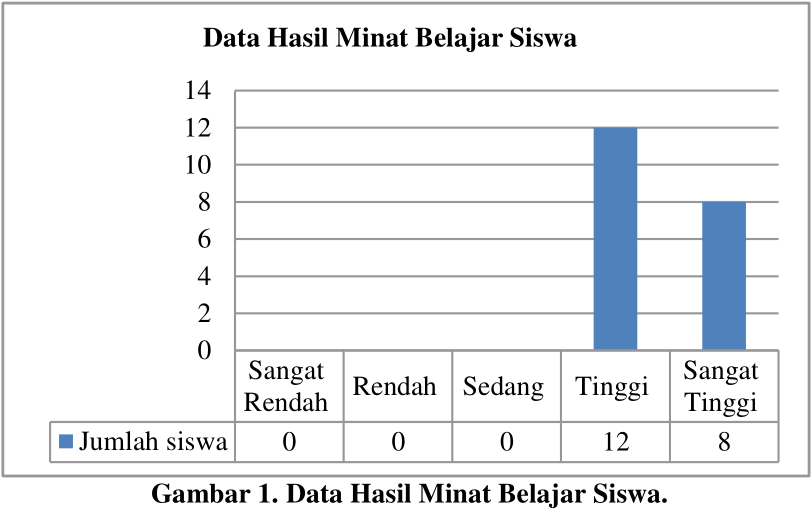
Downloads
Published
How to Cite
Issue
Section
License
Copyright (c) 2022 Marina Saputri, Agus Muliadi, & Safnowandi

This work is licensed under a Creative Commons Attribution-ShareAlike 4.0 International License.
-
Attribution — You must give appropriate credit, provide a link to the license, and indicate if changes were made. You may do so in any reasonable manner, but not in any way that suggests the licensor endorses you or your use.
-
ShareAlike — If you remix, transform, or build upon the material, you must distribute your contributions under the same license as the original.

